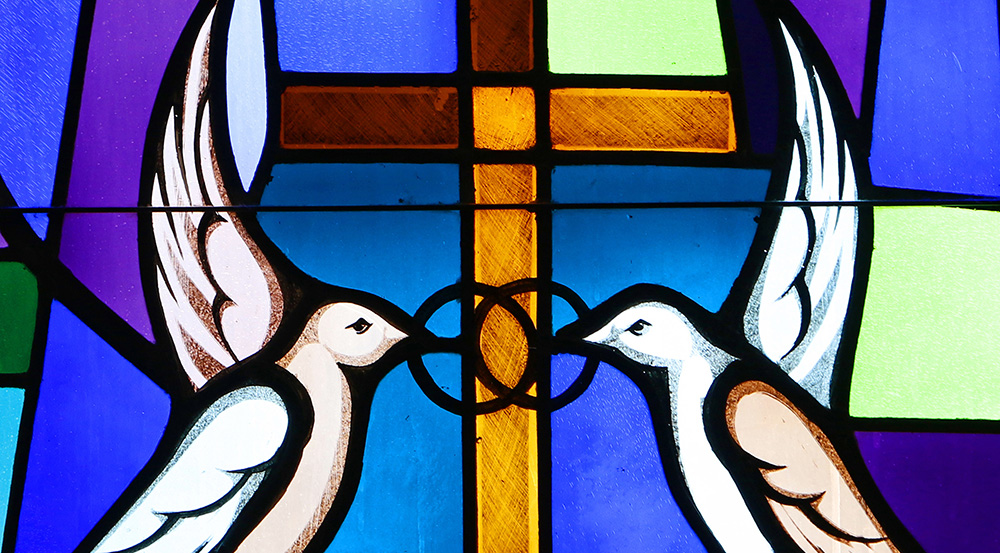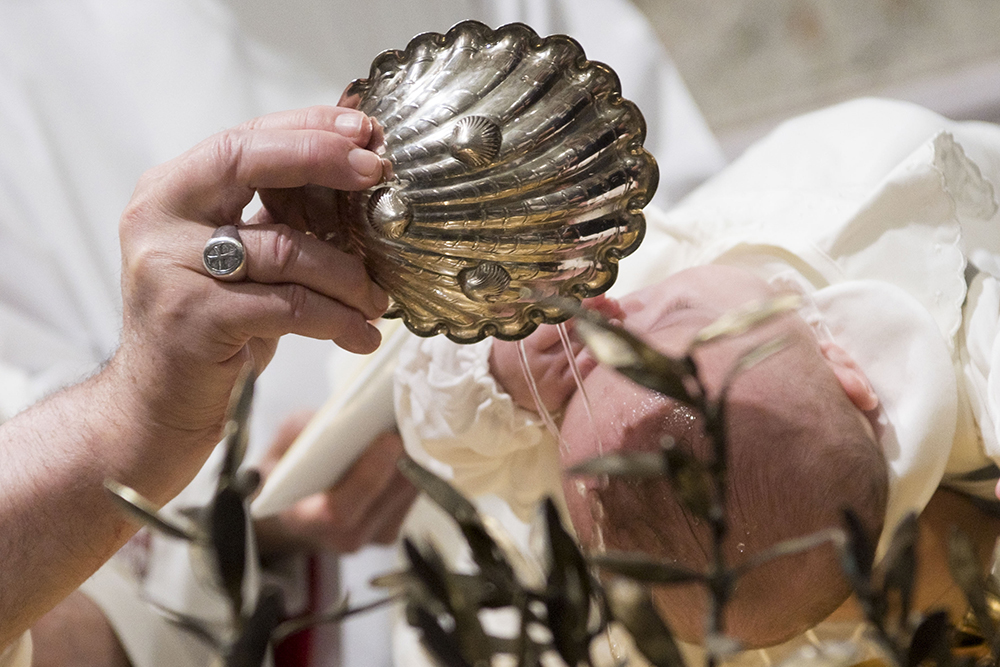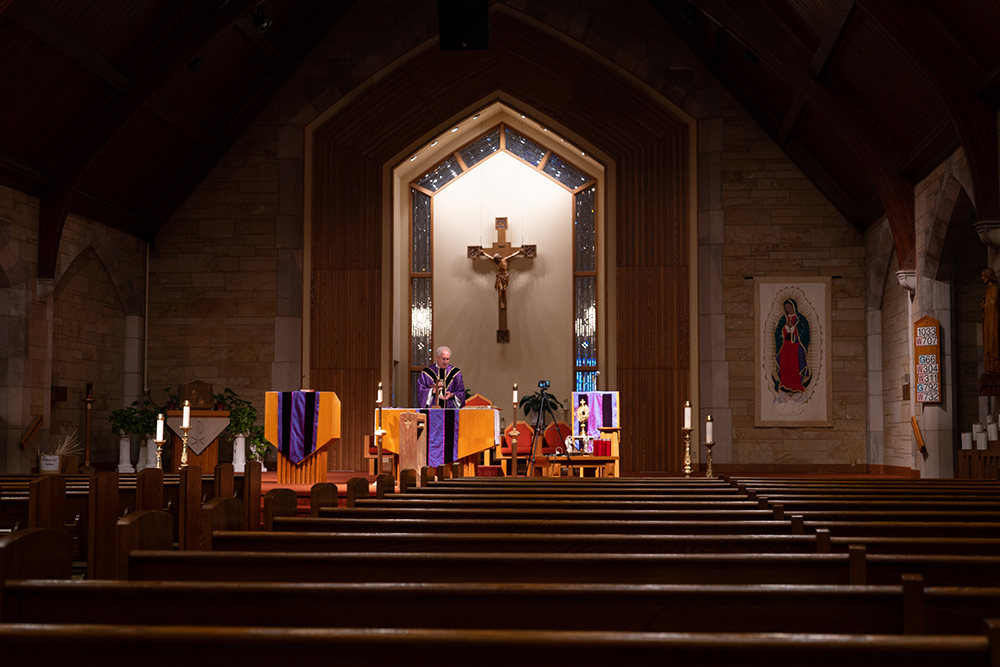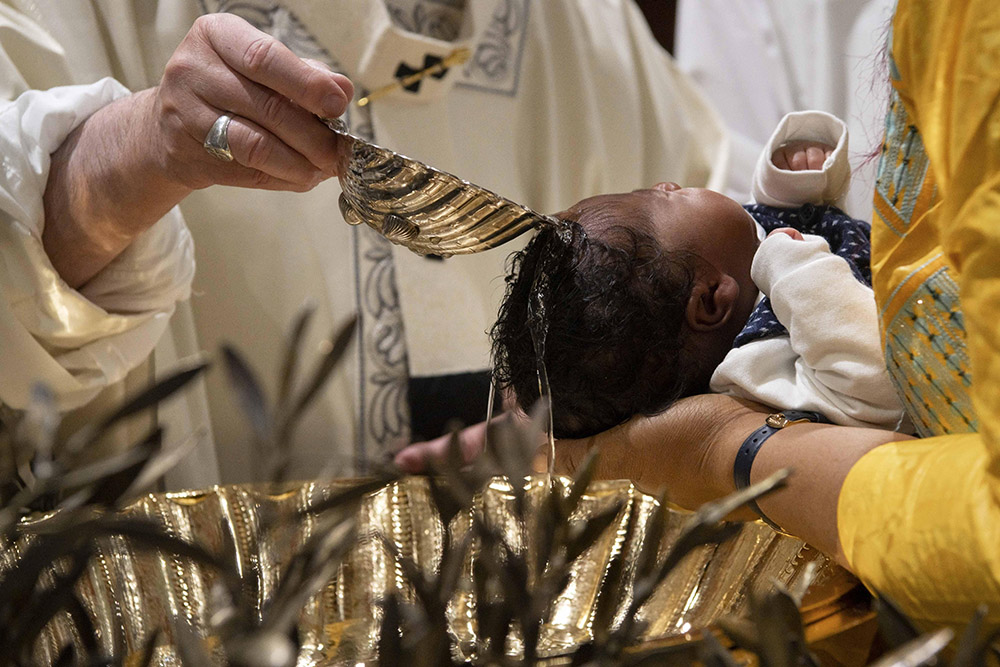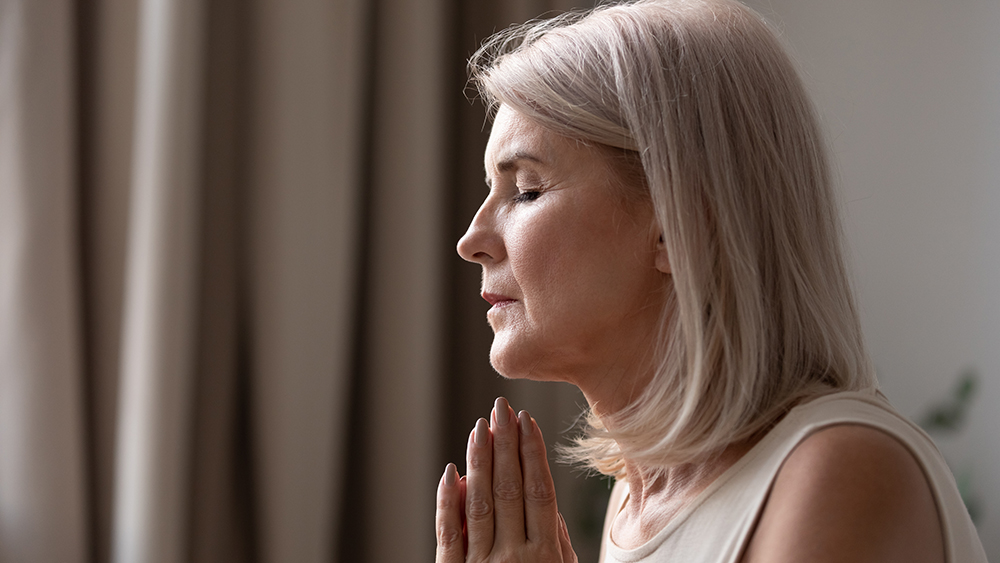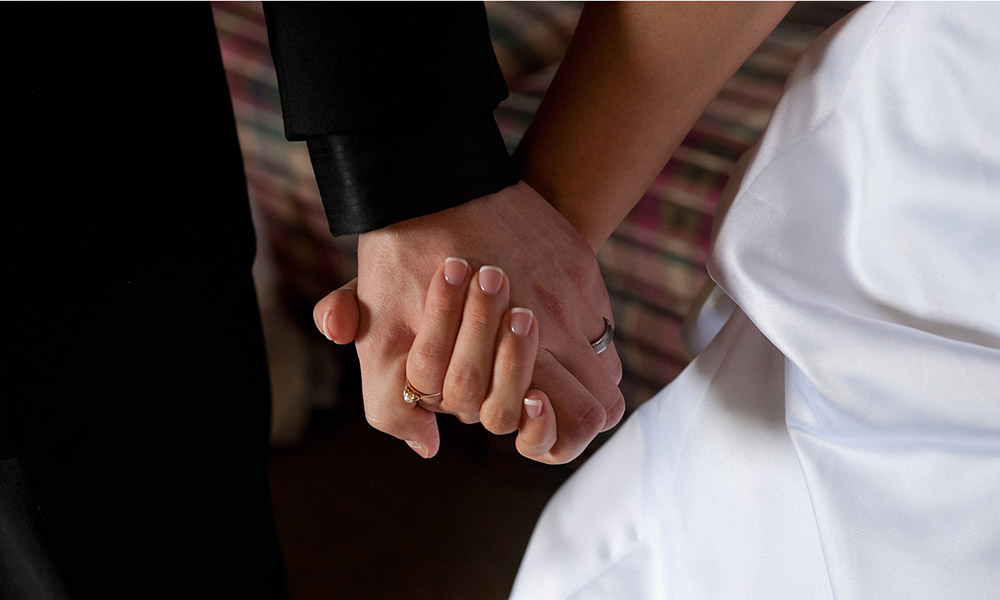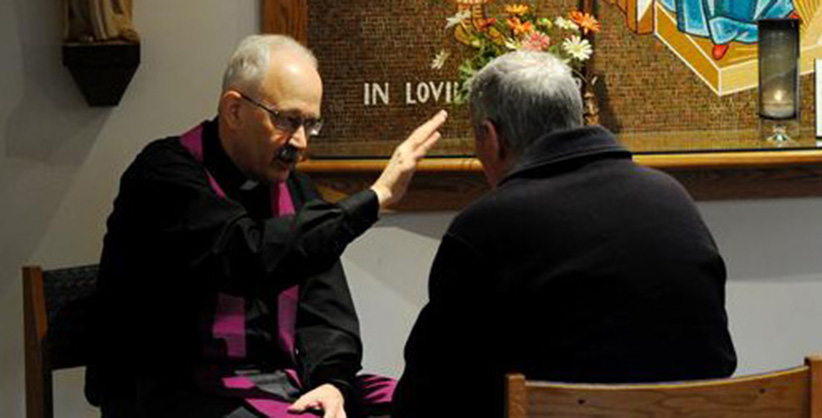Marriage is the essential building block of society and civilization. And so understanding its nature — what it is, why it is and who can enter into marriage — is essential because it contributes to the common good and well-being of every other person.
By nature, everyone who is capable of marrying has a right to marriage. This has traditionally been understood as a right to enter into a lifelong covenant with a member of the opposite sex in order to have a family and create a communion of persons. Recently, social arguments for same-sex marriage have confused and distracted people from considering what marriage actually is. By the 2015 Supreme Court decision in Obergefell v. Hodges, all states are now required to grant same-sex marriages and recognize them from other states.
Chief Justice Roberts, in his dissenting opinion, wrote: “The fundamental right to marry does not include a right to make a State change its definition of marriage. And a State’s decision to maintain the meaning of marriage that has persisted in every culture throughout human history can hardly be called irrational.” It seems safe and intelligent to trust the universality of this particular bit of wisdom that has been passed down through the generations. Doing so does not begrudge people the possibility of having romantic relationships with other consenting adults of the same sex. That is none of the government’s business. Neither is that marriage.
So, what is the meaning of marriage that has persisted through human history, across cultural and epochal boundaries? In response to this question, here again is Chief Justice Roberts: “For … millennia, across … civilizations, ‘marriage’ referred to only one relationship: the union of a man and a woman. […] This universal definition of marriage as the union of a man and a woman is no historical coincidence. Marriage did not come about as a result of a political movement, discovery, disease, war, religious doctrine or any other moving force of world history — and certainly not as a result of a prehistoric decision to exclude gays and lesbians. It arose in the nature of things to meet a vital need: ensuring that children are conceived by a mother and father committed to raising them in the stable conditions of a lifelong relationship.”
Flourishing of the human person
Notice that Chief Justice Roberts excludes the possibility of marriage being defined by anything outside of itself. Rather, the one man-one woman union is what has manifested over and over again and has come to be known as marriage. It is a reality that humans have recognized, not created. It is a social institution that comes out of the desire and need for the species to survive.
The marriage relationship has also transcended mere survival to embrace the flourishing of the human person in love as a gift of self, which reaches fruition in family life.
A marriage begins to form the individual through requiring self-sacrifice and generosity. This is also what can make marriage so difficult. The demands placed on the individuals are constant, and each day becomes a choice to step forward in greater love in truth or shut down through selfishness. The couple must work out what that greater love looks like for them. No one can do this work for them, although people can certainly help them see where they are getting stuck. If they can work together, they will both thrive with ever new meaning, purpose and interior strength. They will rear children that imbibe a sense of purpose and striving for excellence.
If they cannot work together and decide to divorce, they will likely experience the pain of rejection, betrayal, self-doubt and even self-hatred and resentment. Knowing what marriage is about when one enters into it can help keep one faithful in good times and in bad.
Canon Law
The Church’s Code of Canon Law is relevant here: “The matrimonial covenant … is ordered by its nature to the good of the spouses and the procreation and education of offspring …” (Can. 1055). Thus, there is a two-fold end to marriage. This is in keeping with the teaching of the Second Vatican Council’s pastoral constitution Gaudium et Spes, which states, “Marriage and conjugal love are by their nature ordained toward the begetting and educating of children. Children are really the supreme gift of marriage and contribute very substantially to the welfare of their parents” (No. 50).
It also states that “[Conjugal] love is an eminently human one since it is directed from one person to another through an affection of the will; it involves the good of the whole person, and therefore can enrich the expressions of body and mind with a unique dignity, ennobling these expressions as special ingredients and signs of the friendship distinctive of marriage” (No. 49). In other words, marriage is meant to lead to a peculiar and wonderful type of friendship through “the mutual fidelity of the spouses in fulfilling the marriage contract,” as Pope Pius XI wrote in the encyclical Casti Connubii (“On Christian Marriage”).
This is the Church’s teaching, but that does not mean that people who are not Christians cannot know this. This is why Chief Justice Roberts could write about “millennia” and “civilizations” that have recognized the institution of marriage. Indeed, the Catechism of the Catholic Church states, “… some sense of the greatness of the matrimonial union exists in all cultures” (No. 1603).
Good for society
All of this only meant to provide the framework to understand what to call marriage and what not to call marriage — and why. As Ryan T. Anderson wrote in his article “Marriage: What It Is, Why It Matters, and the Consequences of Redefining It”: “[Marriage] is based on the anthropological truth that men and women are different and complementary, the biological fact that reproduction depends on a man and a woman, and the social reality that children need both a mother and a father. Marriage predates government. It is the fundamental building block of all human civilization. Marriage has public purposes that transcend its private purposes.” Marriage is good for people, and for society as a whole — especially when its public (ordered toward the family) and private (for the mutual good of the spouses) aspects are understood.
Sister Anna Marie McGuan, R.S.M., is Director of Christian Formation in the Diocese of Knoxville.

